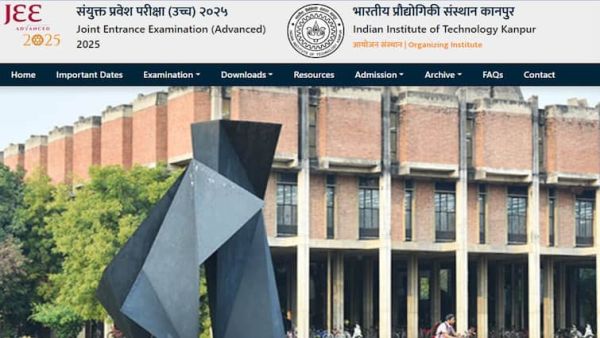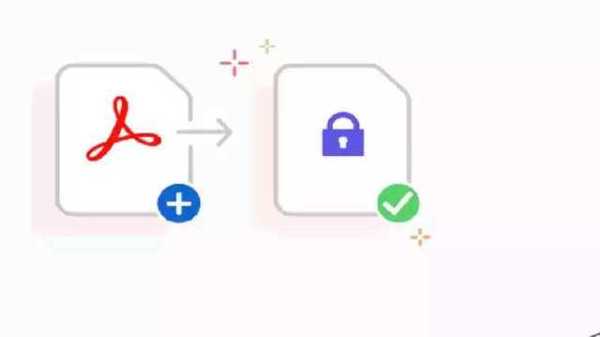JEE Advanced: JAB Reverts To Two-Attempt; Restores Previous Eligibility Criteria

Kota: The number of attempts allowed for the JEE Advanced exam has undergone another significant revision. IIT Kanpur, the organizing institute, had recently announced an increase in the number of attempts for the exam from two to three. However, this decision has been reversed following a meeting of the Joint Admission Board (JAB). On Monday, IIT Kanpur issued a press release reducing the number of attempts back to two.
“The Joint Admission Board (JAB) has decided to restore the earlier eligibility criterion used in previous years pertaining to number of attempts in JEE (Advanced), in supersession of the criterion mentioned in Press Release dated November 05, 2024. This has been done after considering various competing requirements in the meeting of JAB held on November 15, 2024. This has resulted in restoring the earlier eligibility criteria followed since 2013. All other eligibility criteria remain same. For further details please refer to the website at jeeadv.ac.in,” the official notice stated.
Education expert Amit Ahuja highlighted that many students had already started preparing for JEE Advanced after IIT Kanpur’s initial announcement of three attempts. Thousands had even applied for the JEE Main exam in hopes of securing a spot in IITs. The reversal of this decision has left many students disappointed, as they had begun preparing with renewed determination.
Ahuja speculated that the decision to revert to two attempts might have been made to avoid setting a precedent. If students were allowed three chances this year, they could push for the rule to become permanent in the future. To prevent such demands, the rule was likely rescinded.
The decision has dashed the hopes of thousands of aspirants who were counting on the additional opportunity to secure admission to IITs. Many students expressed their disappointment, as they had already begun preparations, only to find their eligibility revoked.
This sudden change has sparked widespread discussion among students and educators, with many calling for clarity and consistency in exam policies.








